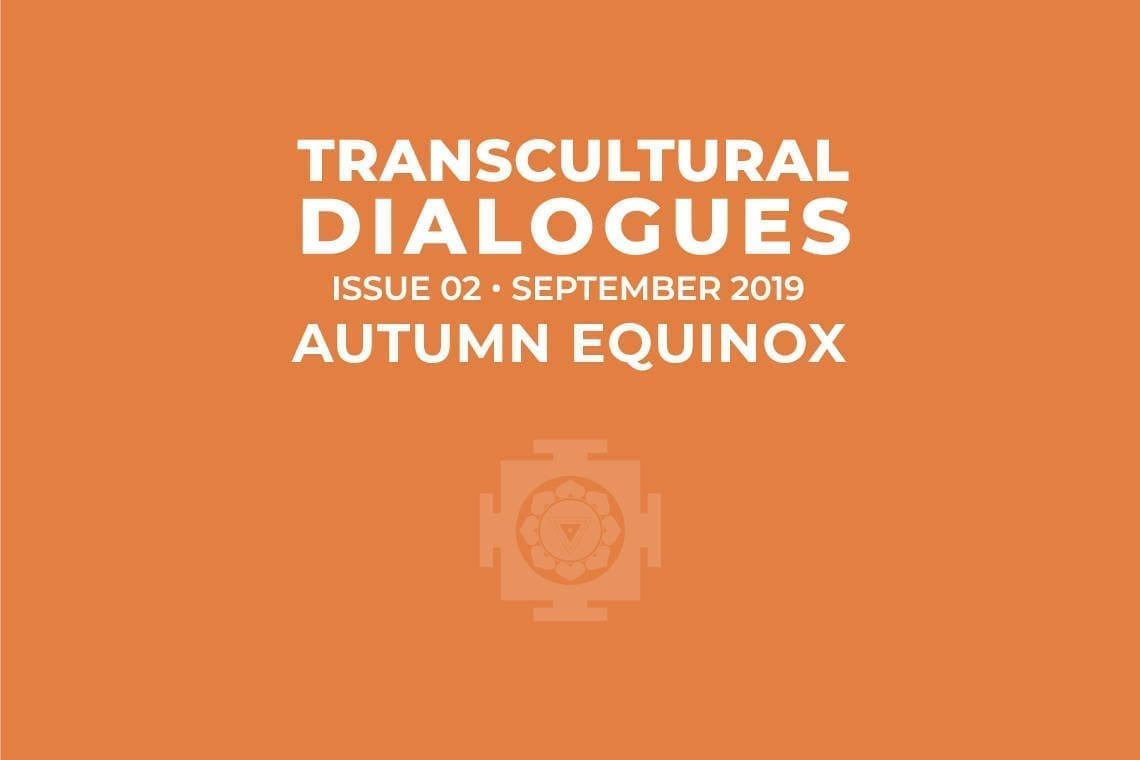
- » Jacques Cloarec
Alain Daniélou Foundation’s Honorary PresidentFACING ECOLOGICAL CHALLENGES WITH ALAIN DANIÉLOU
Dear Friends of Alain Daniélou Foundation,
In the past weeks, newspapers from all over the world have been announcing that the world is in flames. Many urban dwellers pay little attention. Forests are burning, among other places, in Amazonas, Africa, Siberia and Indonesia. Human beings are destroying not only the biggest oxygen supply we have, but also the real source of Life for all species on this earth. But such catastrophes are perceived as far away from the city’s problems. For Europeans, in particular, these catastrophes are ultimately not so bad as terrorism in Paris, London or Berlin. The assumption is that these wildlife problems do not concern us, that they are not primarily related to our lives.
Read » - » Adrián Navigante
Director Alain Daniélou Foundation Research and Intellectual DialogueThe following text is a slightly modified version of Adrián Navigante’s foreword to the Bengali edition of Alain Daniélou’s Gods of Love and Ecstasy: The Traditions of Shiva and Dionysus, recently published in Kolkata, India. The book was presented in March this year at the Alliance Française of Kolkata, hosted by the cultural program “Literary Evenings at Sampark”, followed by a discussion on Alain Daniélou’s thought in which Adrián Navigante and Sunandan Roy Chowdhury (Director of the publishing house Sampark and Alain Daniélou Foundation’s grantee 2018) shared their ideas with the audience.
Read » - » Dana Rush
Art Historian at the University of Strasbourg (France)THE IDEA OF “INDIA”, THE SEA AND SHIVA IN WESTAFRICAN VODUN
There are many ideas of “India”. In Mami Wata Vodun practice in coastal Togo and Bénin, the idea of India is not simply one of geography or theology. Rather, “India” offers boundless aesthetic and spiritual opportunities in both time and space, extending beyond the visible, tangible, human domain into a world where eternity and divine infinity subside into the here and now.
Read » - » Paolo E. Rosati
PhD in Indology, Independent scholarThe aim of this article is to shed light on the intersection of memory and power at Kāmākhyā – the most eminent among the śakti-pīṭhas, because there the Goddess is worshipped in her non-anthropomorphic form of a yoni-stone. According to the Kaula-Tantra of mediaeval Assam, the yoni was an inestimable source of power, worshipped through extreme sexual rites. Today, instead, public worship of the yoni has been distorted and normalised. In fact, eroticism fell into the oblivion of religious amnesia, although traces of it are still implicitly present in ritual and festivals.
Read » - » Stefania Capone
Anthropologist, École des Hautes Études en Sciences Sociales (EHESS) and senior researcher, Centre National de la Recherche Scientifique (CNRS), FranceARÁ AND AXÉ: RITUAL CONSTRUCTION OF THE BODY IN BRAZILIAN CANDOMBLÉ
Prof. Stefania Capone analyses the centrality of the body in Candomblé rituals. In this Afro- Brazilian religion, the body – called ará – must be sacralised during initiation and associated with the forces inhabiting the universe and with the multiple realisations of axé, the divine power. A central moment of axé transmission is when the initiates are possessed by their deities and the god’s sacred power is distributed, through the motions of dance, to the environment and among the faithful present. A longer version of this essay was published in Italian.
Read » - » Elisabeth Schömbucher
Professor of Anthropology, University of Würzburg (Germany)LEARNING POSSESSION: NARRATIVE OF PERCEPTION AND EMBODIMENT OF DEITIES IN SOUTH INDIA
Prof. Elisabeth Schömbucher studies the meaning of possession not only as a culturally determined phenomenon with bodily and psychological implications, but also as a complex process implying learning strategies and techniques related to specific contexts. The first part of the essay was published in a collective volume in German; the second part was written for the Alain Daniélou Foundation’s Forum 2018 “Altered States of Consciousness and their Relationship with Religious Experience”.
Read »

